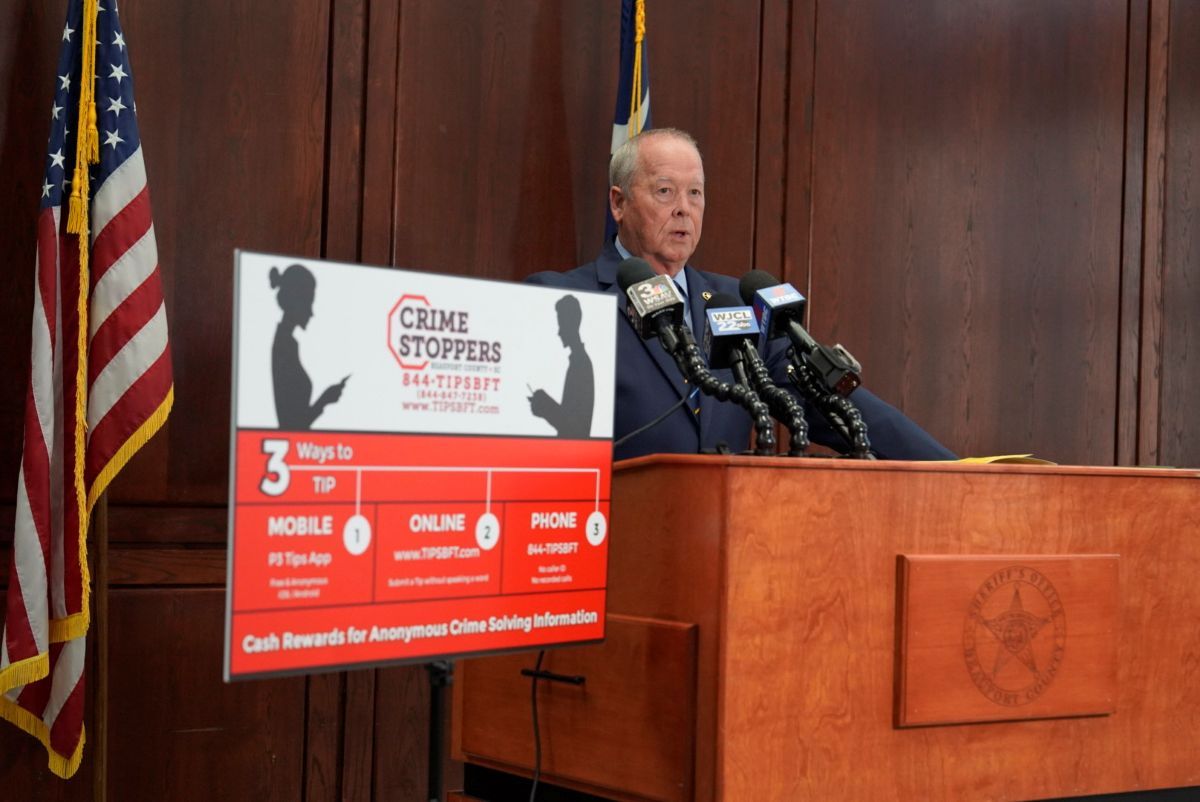By Tim Joy and Madeleine Para
Earth Day (April 22) is a great time to remember all the reasons it’s important to preserve our natural environment, especially trees.
Take a walk down a tree-lined path in just about any park in Beaufort County, and within minutes you can feel your blood pressure dropping. Whether it’s a fragrant pine, a majestic oak, or the beauty of a magnolia in full bloom, there’s just something about trees that connects you with nature, inspires wonder, and brings about a sense of peace with the world.
Trees also play a critical role in our quest to preserve a livable world and prevent the worst consequences of climate change, thanks to the fact that they absorb and sequester carbon dioxide that traps heat. As a climate solution, there are few things that can beat trees. U.S. forests currently pull 12% of our carbon pollution out of the atmosphere. By protecting, expanding, and managing our forests in a way that is climate-smart, we can reduce emissions up to 21% by 2030.
In addition to helping us preserve a livable climate, trees benefit our health tremendously. Each year in the U.S., 12,000 people die from heat-related causes, a figure that can be significantly lowered with the addition of trees that reduce temperatures by 10 degrees. By reducing heat, trees also lower the risk of power failures caused by high demand for air conditioning. Other benefits of trees include reducing anxiety and depression and helping us breathe easier by absorbing air pollution.
The benefits of trees, unfortunately, are not shared equally by all Americans. In urban areas, poorer neighborhoods have significantly fewer trees than more affluent neighborhoods. As we work to increase urban forests here and around the world, no one should be denied the benefits of trees because of their economic status.
In our efforts to expand and improve tree cover in the U.S. and throughout the world, there are a number of steps the federal government can take to facilitate healthy forests everywhere. We can start by curtailing and halting the decimation of forests through illegal clearing of trees.
In the previous Congress, Sen. Brian Schatz (D-HI) and seven other senators introduced the Fostering Overseas Rule of Law and Environmentally Sound Trade Act of 2021, otherwise known as the FOREST Act. This legislation addresses the problem of illegally deforested land for agricultural use — palm oil, soy, beef. This practice, especially in tropical regions, has a devastating impact on the climate. Rainforests that normally serve as carbon sinks, pulling CO2 out of the atmosphere, become carbon emitters. If deforestation was a country, it would be the third largest emitter of greenhouse gases.
The FOREST Act would ban access to U.S. markets for goods produced in illegally deforested land. The legislation would also use market leverage to encourage better monitoring of illegal deforestation and protect more trees. Sen. Schatz is expected to reintroduce the FOREST Act in this Congress. When he does, we hope Senators Lindsey Graham and Tim Scott will sign on as co-sponsors. A companion bill is likely in the House, and we hope Rep. Nancy Mace will support that, too.
Other legislation expected in this Congress will support the planting of more trees and improving tree equity in urban areas. These healthy forest initiatives provide a great opportunity for bipartisan cooperation. Both Republicans and Democrats have expressed strong support for employing trees as one of the solutions to climate change, and we hope all members of the South Carolina congressional delegation will get behind these measures.
This Earth Day, let’s resolve to put an end to illegal deforestation and plant more trees to help us to preserve a safe climate for future generations. It will provide a cooler, healthier environment for everyone. Now, who’s up for a walk in the park?
Tim Joy is group leader of the Beaufort chapter of Citizens’ Climate Lobby. Madeleine Para is the executive director of Citizens’ Climate Lobby.







